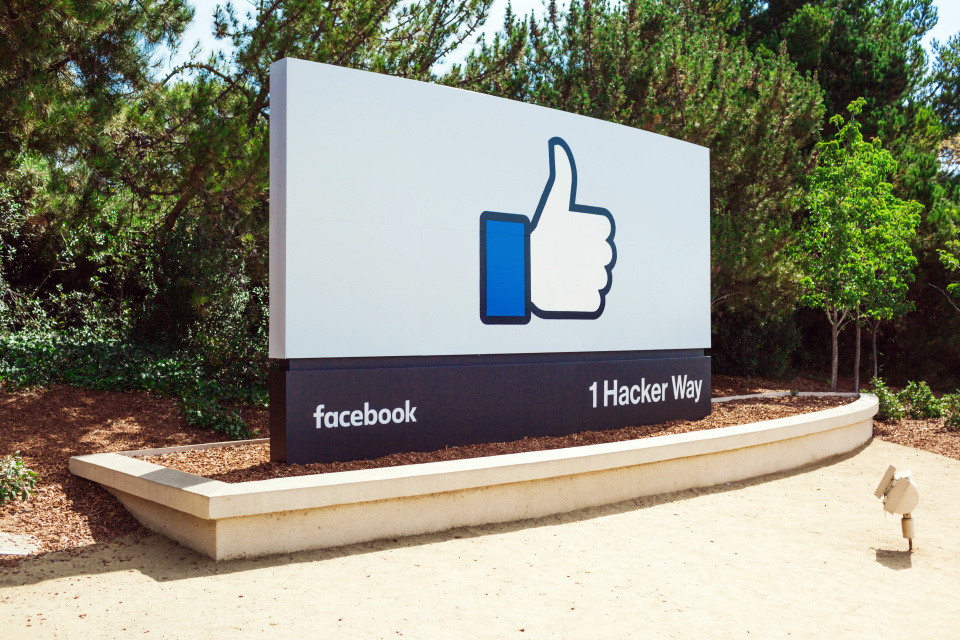Facebook Refuses To Ban Misleading Political Adverts

Platform makes limited changes to its stance on political adverts, but still refuses to ban ads that are misleading or spread lies
Facebook is once again at the centre of storm about its refusal to ban political adverts on its platform that are either untruthful or spread lies.
The social networking giant announced some limited changes to its approach to political ads, which includes allowing users to turn off certain ad-targeting tools. But it has defied rivals and regulatory pressure when it again refused to ban politicians from using adverts to spread lies.
That said, Facebook said earlier this week that it would remove deepfake and other manipulated videos from its platform, but only if it met certain criteria.

Twitter ban
Facebook announced the limited changes in a blog post entitled “Expanded Transparency and More Controls for Political Ads.”
The central thrust of Facebook’s changes is to increase the level of transparency it provides for people, and give them more control over the ads they see (even if they are misleading).
Facebook has consistently refused to ban political adverts, and CEO Mark Zuckerberg has previously said the platform would rather clamp down on false information about voting requirements.
This is in stark contrast to Twitter for example, which in November 2019 announced that it was banning all political advertising worldwide.
That same month, Google also announced that it would no longer allow political adverts that target sections of people.
Advertising tweaks
But Facebook remains the political advertising holdout.
“There has been much debate in recent months about political advertising online and the different approaches that companies have chosen to take,” said Facebook. “While Twitter has chosen to block political ads and Google has chosen to limit the targeting of political ads, we are choosing to expand transparency and give more controls to people when it comes to political ads.”
Unlike Google, we have chosen not to limit targeting of these ads,” it stated. “We considered doing so, but through extensive outreach and consultations we heard about the importance of these tools for reaching key audiences…”
“Ultimately, we don’t think decisions about political ads should be made by private companies, which is why we are arguing for regulation that would apply across the industry,” said Facebook. “Frankly, we believe the sooner Facebook and other companies are subject to democratically accountable rules on this the better.”
“In the absence of regulation, Facebook and other companies are left to design their own policies,” it said. “We have based ours on the principle that people should be able to hear from those who wish to lead them, warts and all, and that what they say should be scrutinized and debated in public.”
“This does not mean that politicians can say whatever they like in advertisements on Facebook,” it added. “All users must abide by our Community Standards, which apply to ads and include policies that, for example, ban hate speech, harmful content and content designed to intimidate voters or stop them from exercising their right to vote. We regularly disallow ads from politicians that break our rules.”
Facebook essentially has opted for “transparency features” that aim to give users slightly more control over how many political ads they see, as well as make its online library of political ads easier to use.
Whether that will be enough to assuage the critics, remains to be seen.
Quiz: Think you know all about Facebook?